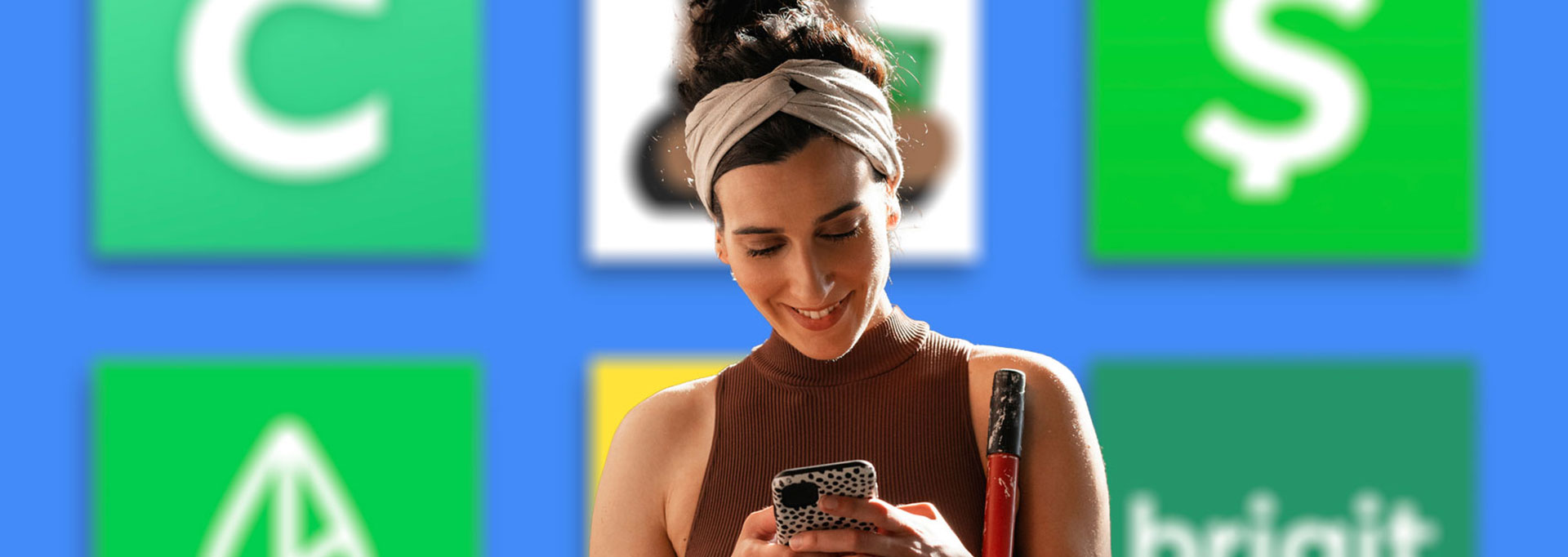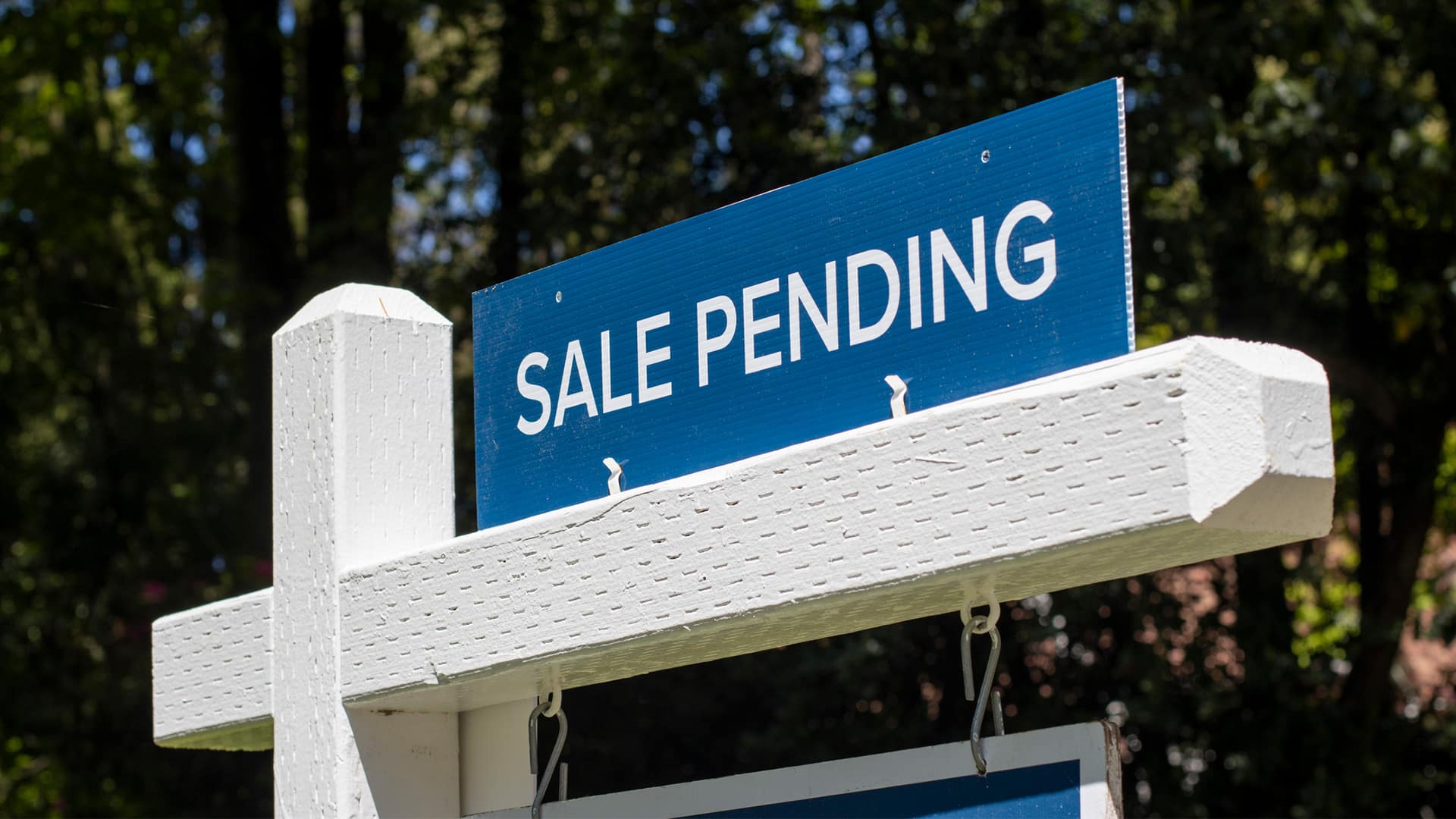Most products on this page are from partners who may compensate us. This may influence which products we write about and where and how they appear on the page. However, opinions expressed here are the author's alone, not those of any bank, credit card issuer, airline or hotel chain.
Much like most things in life, personal loans also come with the option to purchase protection insurance. If misfortune prevents you from making your loan payments, loan protection insurance can help you stay current with your personal loan payments so you can remain in good standing.
However, although personal loan protection insurance can take over and assist with payments, it can be expensive and unnecessary for many people. We'll go over how loan protection insurance works and what you need to know when deciding whether it's an offering you'll need.
What Is Loan Protection Insurance?

When taking out a personal loan, borrowers have the option of adding loan protection insurance, which can assist in paying your balances if you are unable to do so due to a covered event, such as a job loss or accident.
The Federal Trade Commission recognizes four types of loan protection insurance. They include:
- Credit life insurance: This policy covers a portion of the remaining balance in the event of your death.
- Involuntary unemployment insurance: If you suddenly become unemployed, involuntary unemployment insurance can pay loan payments for a specified period.
- Credit disability insurance: Also known as accident and health insurance, this insurance policy delivers short-term relief from your personal loan payments if health issues keep you from working.
- Credit property insurance: Instead of covering your loan payments, this insurance policy protects the personal property you use as collateral.
How Does Loan Protection Insurance Work and What Does It Cover?
Here are some things to know about how insurance works for personal loans:
- Assistance paying off balance: Loan protection insurance can assist you in paying your monthly payments up to a pre-selected amount for a set period of time. Most of these loan protection policies allow you to choose the amount of coverage you want according to the premium amount you wish to pay.
- Covered events: Events that are usually covered include disability, accident, unemployment, illness, death, or another type of hazard.
- There may be a maximum age limit: Some policies may impose a maximum age limit for coverage, usually up to 65 years old. As a result, you may not get full coverage if you do not meet the requirements.
- Some restrictions may apply: Most personal loan policies have wait times before the coverage goes into effect. Also, the Federal Trade Commission (FTC) advises borrowers to ensure their insurance policies cover cosigners and the entire balance on the loan.
Coverage and rules on insurance payouts can vary, so it is important that you carefully read the policy details so you know exactly what to expect and when coverage kicks in.
What Does Loan Protection Insurance Cost?
Loan protection insurance varies according to many factors.
Factors that affect the cost of your loan protection insurance can include:
- Policy type
- Loan amount
- Location
- Amount of coverage
- Credit history
Regardless, loan protection insurance can be more expensive than other coverages, even term life insurance. The premium can also be much higher for borrowers with poor credit scores.
Is Protection Insurance Required for Personal Loans?
Buying personal loan protection insurance is not mandatory. Lenders usually offer this type of insurance to you as an add-on to your loan package. But they cannot present purchasing loan protection service as a condition of borrowing.
Also, before adding loan protection insurance to your loan, lenders must disclose this move to you and reveal the fees attached to your policy.
Pros & Cons of Loan Protection Insurance
Pros
- Keeps up with personal loan payments if you’re injured and can’t work.
- Protects your credit score by continuing on-time loan payments.
- Variety of policy options to choose from, such as disability, amount of coverage, and length of coverage.
- In the event you pass away, balances owed can be paid off.
Cons
- Unlikely to get you a lower loan interest rate or better loan terms.
- Extra cost to your loan.
- May contain fine print with a long list of exclusions.
- Coverage may be redundant if you already have disability or life insurance.
Like with many financial decisions in life, buying personal loan protection insurance has its advantages and disadvantages. Before deciding whether to purchase a personal loan protection insurance policy, consider these pros and cons.
Loan protection insurance can offer peace of mind and protection in a variety of ways. But at the same time, there are drawbacks.
Is Personal Loan Protection Insurance Worth It?
In most cases, personal loan protection insurance is usually not worth it for several reasons:
- Makes your loan more expensive, and more likely to default due to the added cost. If you have the extra money to pay for insurance, you could consider putting it towards paying off your personal loan earlier instead to save on interest.
- You may already be covered if you have life insurance or disability insurance. If you have disability insurance, you'll likely receive payments that can cover your bills plus your loan payments. Or, life insurance payouts may be able to pay off your debts if you pass away.
However, there may be some borrowers that can benefit more from having loan protection insurance, such as:
- If you want to avoid racking up more debt after death and don't qualify for life insurance.
- If you want to protect your credit score from missed payments.
- If you put up collateral on your loan and want to avoid losing the collateral you pledged.
Some lenders may even offer payment assistance, unemployment protection or hardship programs to help cover payments. Inquire about these programs first before deciding to pay for additional insurance.
Other Alternatives
Purchasing loan protection insurance doesn't make sense if you already have – or planning to buy – insurance policies with comprehensive coverage. Aside from being cheaper, other insurance options have advantages over personal loan protection insurance.
For example, if you received a disability, you could get enough money from a regular disability insurance policy to pay all your bills, including your personal loan. Also, a death benefit from a term life insurance policy could pay off your debts and provide money for your family. However, personal loan protection insurance may be more viable if you can't qualify for the other insurance options or worry about your work status.
Some alternatives that may make loan protection insurance unnecessary:
- Worker's compensation: If you get injured or become ill from a job-related cause, worker's compensation benefits could give you two-thirds of your weekly salary, provided you qualify.
- Unemployment benefits: If you experience a job layoff, you may qualify for unemployment benefits through your state. Since laws vary from state to state, check your state's website to find out the exact requirements and payouts.
- Short-term payment deferment plans: Many lenders provide these plans to give you a break from your regular monthly payments during financial hardship, and can be arranged with an extended loan term. However, the lender may still charge you interest on the deferred payments.
Is Personal Loan Insurance Right for You?
Most borrowers would likely pass on personal loan insurance, mainly because it can be costly with minimal rewards. There are cheaper alternatives to personal loan insurance that may give you similar or more coverage.
But if you decide that it's worth the peace of mind and protection for your credit history, make sure to read the fine print so you are aware of all the limitations and exclusions in your policy.
To find the best deals on personal loan insurance, remember these tips.
- Look for offers from discount insurance groups that carry these policies. The rates may be more reasonable.
- Try independent brokers because you usually get much lower quotes than banks and lenders.
- Resist the temptation to buy a policy when you take out your personal loan. Reserve the option to buy credit insurance later, giving you time to do comparison shopping.
FAQs
-
You may cancel your personal loan insurance at any time during the life of your loan. But each policy has unique details and requirements concerning cancellation. In addition, some insurers may have cancellation penalties.
All the necessary cancellation information should be in your policy agreement. You can also get these details by contacting your lender or a third-party insurer.
-
There is no requirement for you to carry personal loan protection insurance. The lender is also prohibited from adding loan protection to your loan agreement without your knowledge and consent.
-
If you lose your job, you still have an obligation to continue making your monthly payments on time. However, suppose you have trouble making payments due to a job loss. If you have loan protection insurance, the insurance kicks in and provides assistance to pay your balances. Other options include short-term deferment plans, state unemployment benefits, worker’s compensation, and disability insurance to help you fulfill your monthly payments.

















